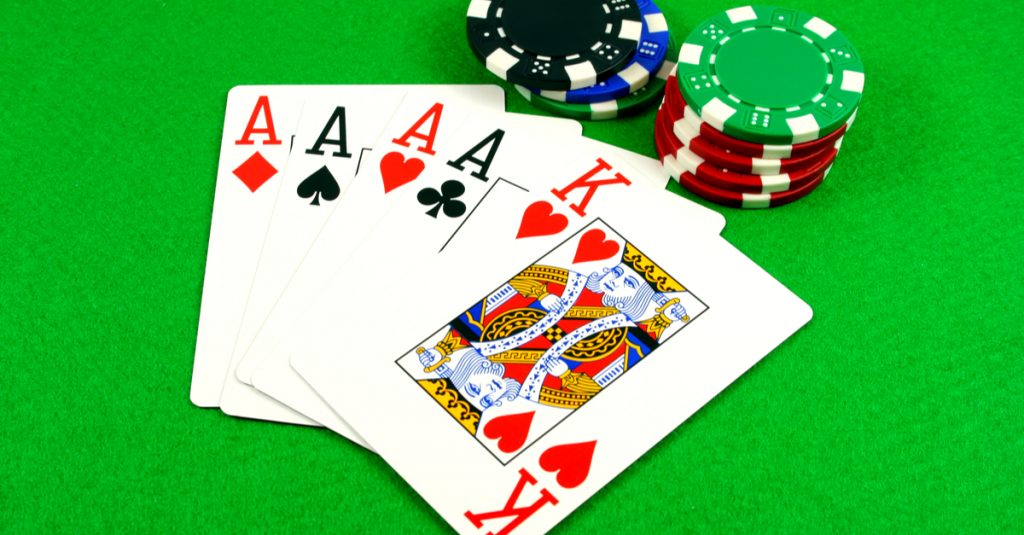Whether you are a newbie or an experienced blackjack player, it is essential to understand when you should choose to split your hands.
If the player chooses to split a pair into two separate hands, they must place an additional bet on the second hand that is equal in value to their original bet.
Knowing when to split is one of the most important elements of blackjack, so read on as we show you the best times time to use this game tactically.
Splitting Cards in Blackjack
There are certain blackjack hands where probability determines that splitting is a sensible move and others where you should never consider doing this.
While there is no guarantee you will win each time you split, the move increases your chances of beating the dealer if you choose the right spots.
You should always split two aces, as nearly a third of the remaining cards in a standard deck of 52 are valued ten. If you decide not to split, one is valued at one and the other 11.
This means that you would need to hit a nine to reach 21, while a 10-valued card would result in both aces being counted as ones to leave you on 12.
Another hand where you should always split is two eights, as this improves your chances of finishing with at least one good hand.
Blackjack Hands You Should Never Split
Splitting ten-value cards should be avoided at all costs, as the chances of you hitting a better total than 20 are extremely small.
It also makes sense never to split a pair of fours, as you will never bust in this situation regardless of the value of the next card you are dealt.
If you do decide two split two fours, you would need to hit a five, six or seven on both hands to ensure they are better than where you started.
Splitting fives is generally considered a bad move as a total of 10 is a great starting point, although you must assess the dealer’s up card in this situation.
It may pay dividends to split if the dealer has a nine, ten or ace, as the odds in this situation favor the dealer beating your hand.
Splitting Hands Based on the Dealer’s Up Card
We’ve given you the basics of when you should and shouldn’t split in blackjack, which should improve your chances of making a consistent profit.
It is worth noting that there are several situations when splitting pairs is determined by the value of the dealer’s up card.
If you have twos, threes or sevens and the dealer’s up card is two to seven you should split, and the same is true if you have nines and the dealer has two to six, eight or nine.
Splitting sixes when the dealer has two to six is also advisable, as the probability of you winning in this situation increases if you split rather than playing them as a single hand.
By following our splitting guidelines, you will undoubtedly improve your chances of winning at blackjack.






